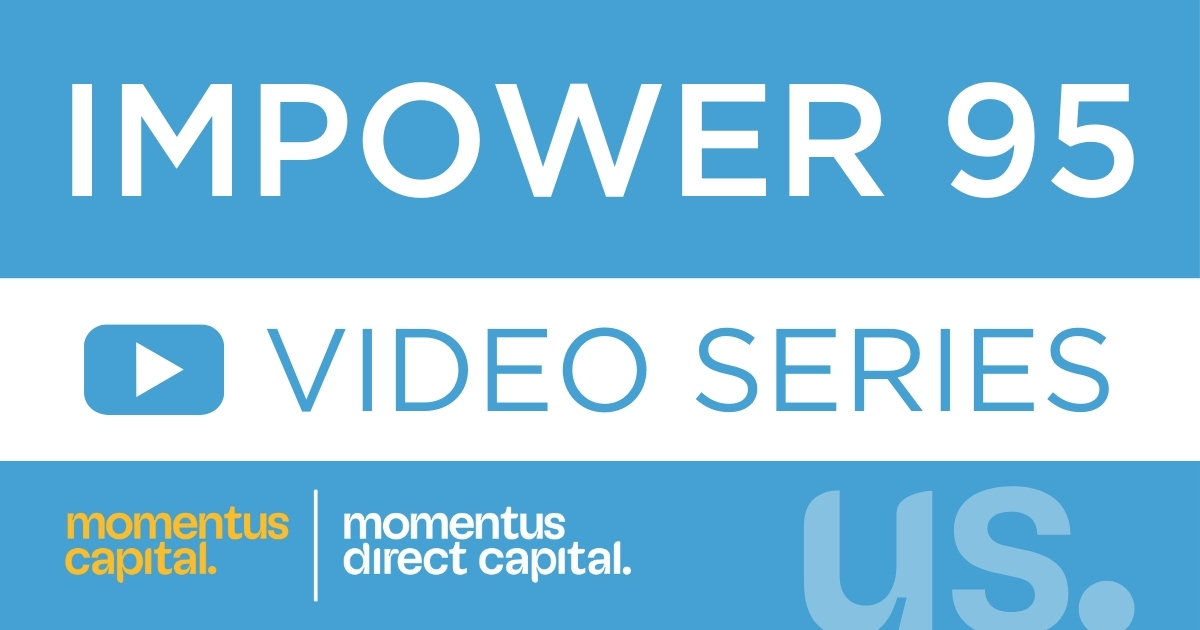SBA 504 Changes Aim to Simplify Applications and Reduce Documentation
Now, thanks to revisions to the SBA's 504 loan regulations, more small businesses nationwide stand to gain. In addition, these regulatory updates simplify the application process for obtaining an SBA 504 loan, making them worthwhile to review for any owner looking to buy commercial real estate.

The U.S. Small Business Administration’s (SBA) 504 loans have long benefited small businesses. Compared to other financing alternatives, these loans provide lower interest rates and more lenient terms to help fund business expansion. Particularly for small businesses looking to finance or refinance real estate, the SBA 504 loan is a great option.
Now, thanks to revisions to the SBA’s 504 loan regulations, more small businesses nationwide stand to gain. In addition, these regulatory updates simplify the application process for obtaining an SBA 504 loan, making them worthwhile to review for any owner looking to buy commercial real estate.
“These rule changes are advantageous for small business owners to purchase commercial real estate,” said Tony Barengo, Head of Commercial Real Estate at CDC Small Business Finance. “Now, we can serve even more small businesses looking to achieve their ownership goals.”
With this in mind, this article will review proposed SBA 504 loan regulation changes and how they help small businesses finance commercial real estate. Let’s dive in.

Fundamental Changes Proposed in the New Regulations
The new regulations are a welcome update for many small businesses. They make it possible for borrowers whose projects might have yet to be qualified as eligible, allowing lending institutions like CDC Small Business Finance to invest more in the community.
Some of the crucial areas the proposed SBA 504 loan regulations aim to address include the following:
Reduction of Lending Criteria
Previous regulations for government-backed loans to small enterprises could be tedious and hard to navigate. Lenders were obligated to consider several specific factors when assessing creditworthiness. Before the regulation changes, this included the following nine items:
- The borrower’s reputation, character, and credit score.
- Management level and industry experience.
- The financial strength of the small business.
- Past revenue and estimated future cash flows.
- Loan repayment ability based on historical cash flow.
- The prospect of success long-term.
- Nature and value of collateral.
- Affiliates’ impact on their loan repayment capacity.
- History of sufficient equity investment to ensure the business has a robust financial footing.
The SBA’s streamlining adjustments will:
- Align lenders with the credit analysis techniques for their equivalently sized non-SBA loans.
- Permit lenders to employ company credit scoring models or data and modeling methodologies.
- Limit the variables that lenders must consider when evaluating creditworthiness only to the essentials such as credit history or score, earnings or cash flow, and capital or collateral.
According to the SBA, these modifications build on the experience of learning during the COVID-19 pandemic, which saw technological platforms used in novel ways to expedite lending. They also acknowledge that lenders increasingly evaluate borrowers’ creditworthiness using cutting-edge technical techniques.
Are you seeking an SBA 504 loan to enhance your business’s expansion plans?
Contact one of our loan experts today.
Affiliation Changes
A business is said to be affiliated if it can control another firm or is controlled by another party who can manage both companies. The recent rule changes aim to clarify and change businesses’ affiliation criteria. Previously, the following were considered in the determination of affiliation:
- One entity’s control of another
- Leadership.
- Close relative’s interests.
- Franchise and license contracts.
Instead, they classify an entity as an affiliate to the applicant when:
- The entity owns more than 50% of the applicant’s business.
- One individual owns more than 50% of the entity and more than 50% of the applicant; both are in the same three-digit NAICS code.
To identify who is eligible for its financial aid programs, the SBA now considers the following:
- The combined ownership interests of children and spouses.
- The individual’s interest benefits in a firm for their ownership percentage.
The rule amendments also state that stock options, convertible assets, and merger contracts and agreements have a present effect on the ownership of a business. Accordingly, the “principal of control” is excluded from the proposed rule’s criteria for defining affiliation. In this instance, the SBA is changing the prohibitions on borrowers using loan proceeds to make partial ownership changes to support small firms.
These changes will significantly reduce the number of entities considered affiliates, making more small businesses fit within SBA’s size standards and reducing the documentation required to apply.
Removal of Loan Authorization
The SBA has removed loan authorizations. Recently, the loan authorization was renamed “Terms and Conditions,” though no other changes were made. This change was effective on May 12 for the SBA 504 program, but due to some system issues, it is being delayed until Aug. 1 for the SBA 7a program.
The SBA indicated the goal with future changes to the Terms & Conditions document is to eliminate redundancy between it and other SBA forms. Therefore, we expect those changes to be rolled out around the same time as when the new Standard Operating Procedures (‘SOP’) document becomes effective — this August.

Capitalize Early on These SBA 504 Loan Changes
Historically, SBA 504 loans have been the best option for small business owners. They offer below-market, fixed interest rates and have long repayment terms. With these new regulations, the SBA 504 loans have become an even more lucrative option for many small business owners looking to buy commercial properties.
By reducing lending and affiliation criteria, barriers allow more small businesses to seek funds and grow their operations. For any small business owner looking to expand, now is an ideal time to jump on the wagon and get the financing they need to recover, grow and develop their business.
Our mission at CDC Small Business Finance is to provide people with the capital and opportunities they deserve. Our experienced team of financial experts has years of industry experience, especially regarding SBA lending.
Are you seeking an SBA 504 loan to enhance your business’s expansion plans?
Contact one of our loan experts today.


